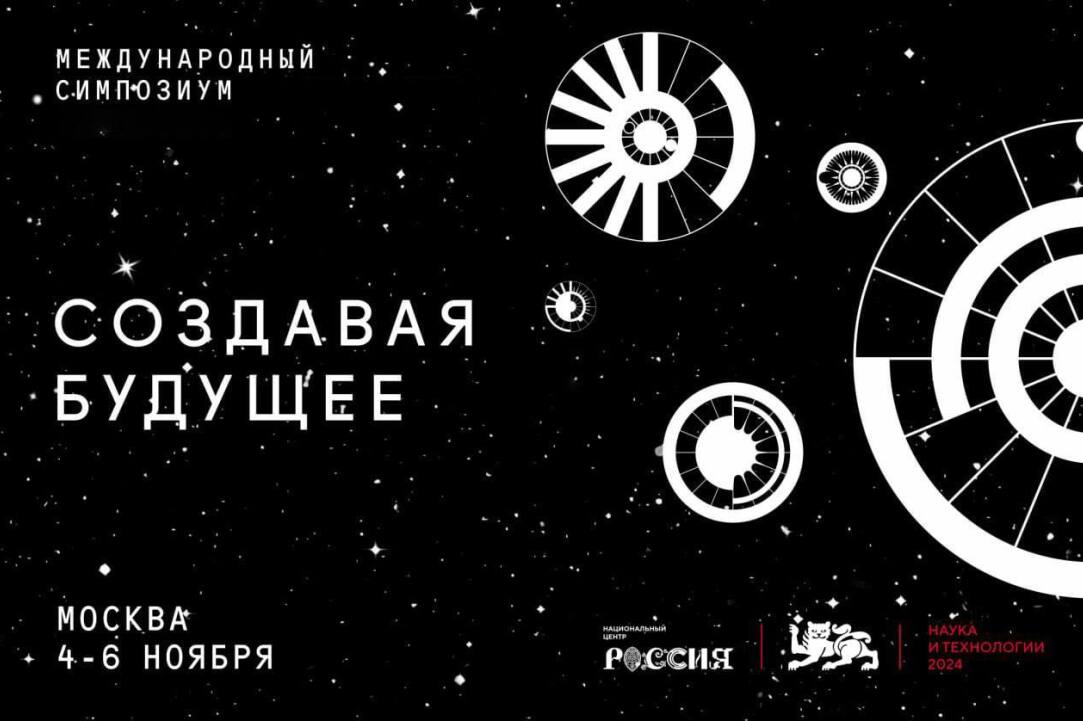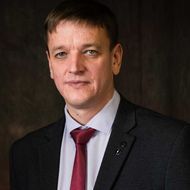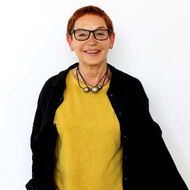School of Social Sciences Participates in International Science Fiction Symposium
On November 4, the International Science Fiction Symposium 'Inventing the Future' started in Moscow at the Russia National Centre. Guests and experts discussed what humanity will be like in several decades in the rapidly changing global space. Professors from HSE University-St Petersburg were guest speakers at the symposium.

The Symposium 'Inventing the Future' is an international event that has gathered over 6,000 participants from BRICS, SCO, CIS countries and others. The event features more than 80 panel discussions, lectures, foresight sessions, and interviews. The participants discussed social development, the role of technology, the transformation of international relations, and global ethical issues.
The expert discussion 'Experience of the Past in the Outlines of the Future' featured a presentation by Alexander Sorokin, Dean of the HSE University-St Petersburg School of Social Sciences. In his report, he talked about changes in the attitude of scientists and society in the 20th century towards nature and the environment. Alexander Sorokin analysed how the scientific community arrived at the idea of sustainable development and explained which ecological problems were reflected in literature and cinema.
Alexander Sorokin, Dean of the HSE University-St Petersburg School of Social Sciences

Participation in events where researchers, cultural and artistic figures, representatives of government and business corporations discuss future scenarios helps to consider various perspectives and broaden the horizons of understanding. For us as representatives of academia, it is also about the development of communicative skills and the ability to present our ideas in lay terms. Practice proves that solutions created based on the opinions of different sides are more sustainable and efficient. This has a double effect on the participant and the university: knowledge exchange and the development of transdisciplinary ties as well as strengthening of the expert status and university ecosystem.
The symposium hosted a discussion panel titled 'What Will Happen after the Alpha Generation?' featuring a talk by Elena Omelchenko, Director of the Centre for Youth Studies at HSE University-St Petersburg. She talked about how generation-specific characteristics form and the criteria defining generations X, Y, and Z.
Elena Omelchenko, Doctor of Sciences in Sociology, Professor of the Department of Sociology, Director of the Centre for Youth Studies at HSE University-St Petersburg

None of the existing generations have unique qualities which distinguish them from previous ones. Each new trend—be it technological advancement, emotional intelligence, or global thinking—is formed based on previous generations' characteristics. Generation Alpha is likely to become not just users of technologies, but technology researchers focusing on basic human emotional needs—care and tenderness—and the return to offline communication.
'The symposium is an opportunity to gather people from various spheres—politicians, managers, philosophers, sociologists, technologists, doctors, artists, and engineers—in one place. There are a lot of young people and volunteers, and it is useful for them to listen to the experts and think about the future they will build,' says Elena Omelchenko.

